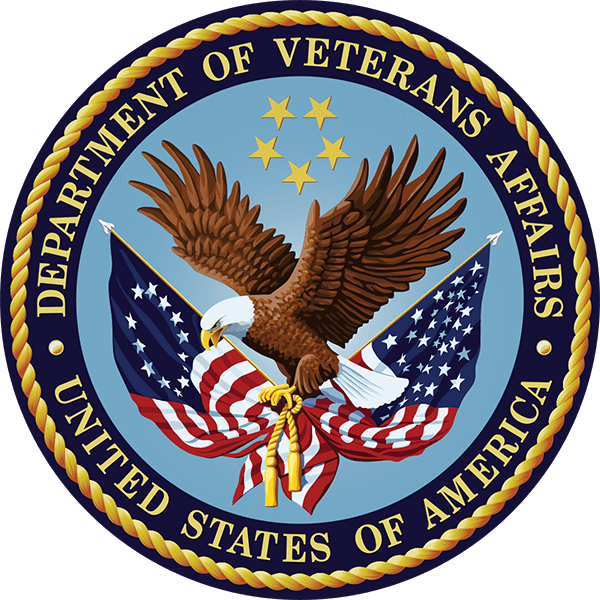The 1991 Gulf War was considered a brief and successful military operation with few injuries and deaths of U.S. troops. The war began in August 1990, and the last U.S. ground troops returned home by June 1991.
“A line has been drawn in the sand…Withdraw from Kuwait unconditionally and immediately, or face the terrible consequences.”
-President George H.W. Bush
Statistics
- August 2, 1990-February 28, 1991
- Total who served in all Armed Forces: 1, 606, 600
- Battle Deaths: 20,682
- Wounded: 75,200
- Civilian Losses: 1,000
Unique Health Risks
Exposure to Chemical or Biological Agents
Although most Gulf War Veterans resumed their normal activities, many soon began reporting a variety of unexplained health problems that they attributed to their participation in the Gulf War, including chronic fatigue, muscle and joint pain, loss of concentration, forgetfulness, headache, and rash.
It’s important to understand that there were and continue to be many concerns about the association between the illnesses and symptoms Veterans report and their exposure to toxic agents, environmental and wartime hazard, and preventive medicines and vaccines they received.
Exposure to Smoke
Among studies that examined pulmonary outcomes in associations with specific exposures in the Gulf War Theater, exacerbation of asthma associated with oil-well fire smoke has been indicated.
Depleted Uranium (DU)
Depleted uranium is a byproduct of the uranium enrichment process that makes nuclear fuel. The U.S. military uses tank armor and some bullets made with depleted uranium (DU) to penetrate enemy armored vehicles. Depleted uranium has approximately 60 percent of the radioactivity and the same chemical toxicity as natural uranium. The U.S. military began using DU on a large scale during the Gulf War in the early 1990s.
Amyotrophic Lateral Sclerosis(ALS)
On December 10, 2001, Veterans’ Affairs Secretary, Anthony Principi, announced that a VA study revealed that Persian Gulf War Veterans are more than twice as likely as other Veterans to develop ALS.
Post Traumatic Stress Disorder (PTSD)
Deployment places Veterans at increased risk for symptoms of psychiatric illnesses, particularly post traumatic stress disorder (PTSD), anxiety, depression and substance abuse.



